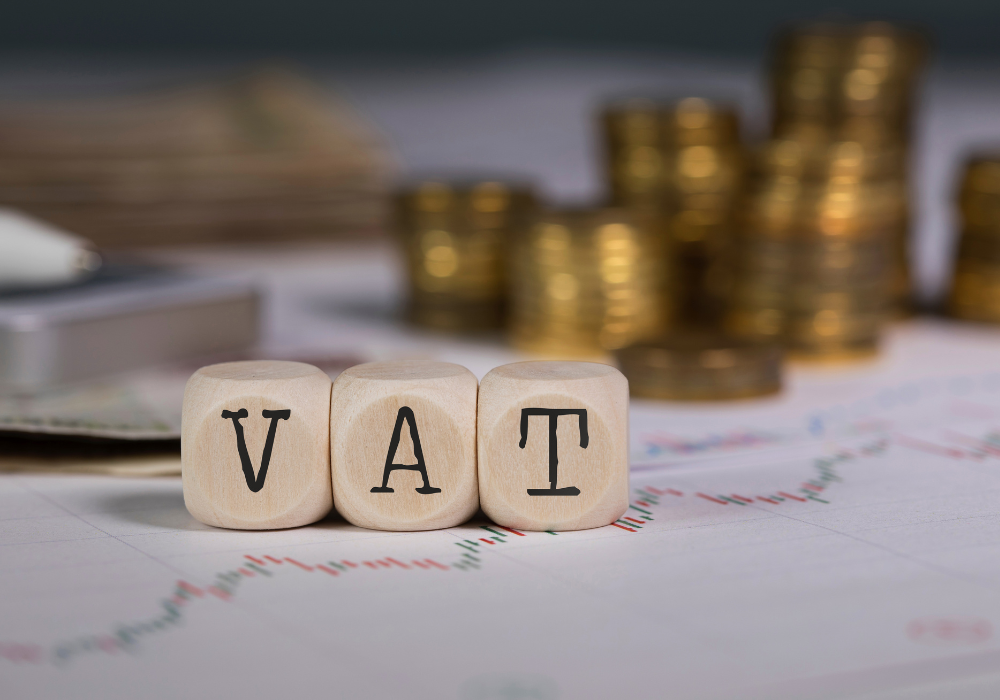You initially selected the UAE as your company destination mostly because it is a tax-free nation (but not entirely!). Then you fell in love with Dubai, partly because the emirate is teeming with foreigners and tourists, creating a plethora of business prospects all year long. And finally, you chose one of the more than 30 Dubai free zones over the UAE’s mainland to establish your firm primarily because you wanted full ownership and complete tax exemption. Free zones or free trade zones in Dubai or any other emirate in the UAE are essentially business zones or special economic zones created with the aim of providing tax concessions and customs duty benefits to expand international commerce. Simply put, free zone enterprises enjoy 100% ownership of their business while being immune from all taxes, levies, and tariffs, including Value Added Tax (VAT), Income Tax, Corporate Tax, and Customs. This is true until the free zone has been declared as a designated free zone for VAT purposes. It’s true that not all free zones in the UAE are “VAT Free Zones.” The designation of certain particular free zones as “designated zones”.
The UAE’s free zone jurisdictions don’t charge any taxes to businesses operating there, but some of them are classified as VAT Designated Zones because they are regarded to be outside the state for the purposes of the VAT. According to Cabinet Decision No. 59 of 2017 on Designated Zones for the Purposes of the Federal Decree-Law No. (8) of 2017 on Value Added Tax and Cabinet Decision No. 56 of 2017 on Medications and Medical Equipment, both of which were published by the FTA, these Designated Zones must adhere to special rules for trading goods within those Designated Zones (VAT). One VAT-designated free zone should conduct business with another VAT-designated free zone in order to be eligible for the tax incentives provided by the government, which includes any supplies between designated zones will not attract VAT at 5%.
For VAT purposes, all entities that are established, registered, or that have a place of residence within the Designated Zone are regarded as having a place of residence in the UAE. As a result, a company operating in a Designated Zone will be considered onshore for VAT purposes even if part of the commodities it supplies may not be subject to UAE VAT.
Designated Zone Entities’ VAT Registration
Businesses located in Designated Zones are considered to be ‘onshore’ in the UAE for VAT reasons. As a result, they are subject to the same rules for VAT registration, reporting, and accounting as non-Designated Zone enterprises. They can also join a tax group, provided they meet the relevant criteria. Any organization engaging in commercial activity in the UAE that generates taxable supply over the minimum threshold for VAT registration (i.e., a taxable person) is required to register for VAT. Any other person who exceeds the voluntary VAT registration threshold and makes taxable supplies or incurs expenses (that are subject to VAT) may register for VAT purposes.

